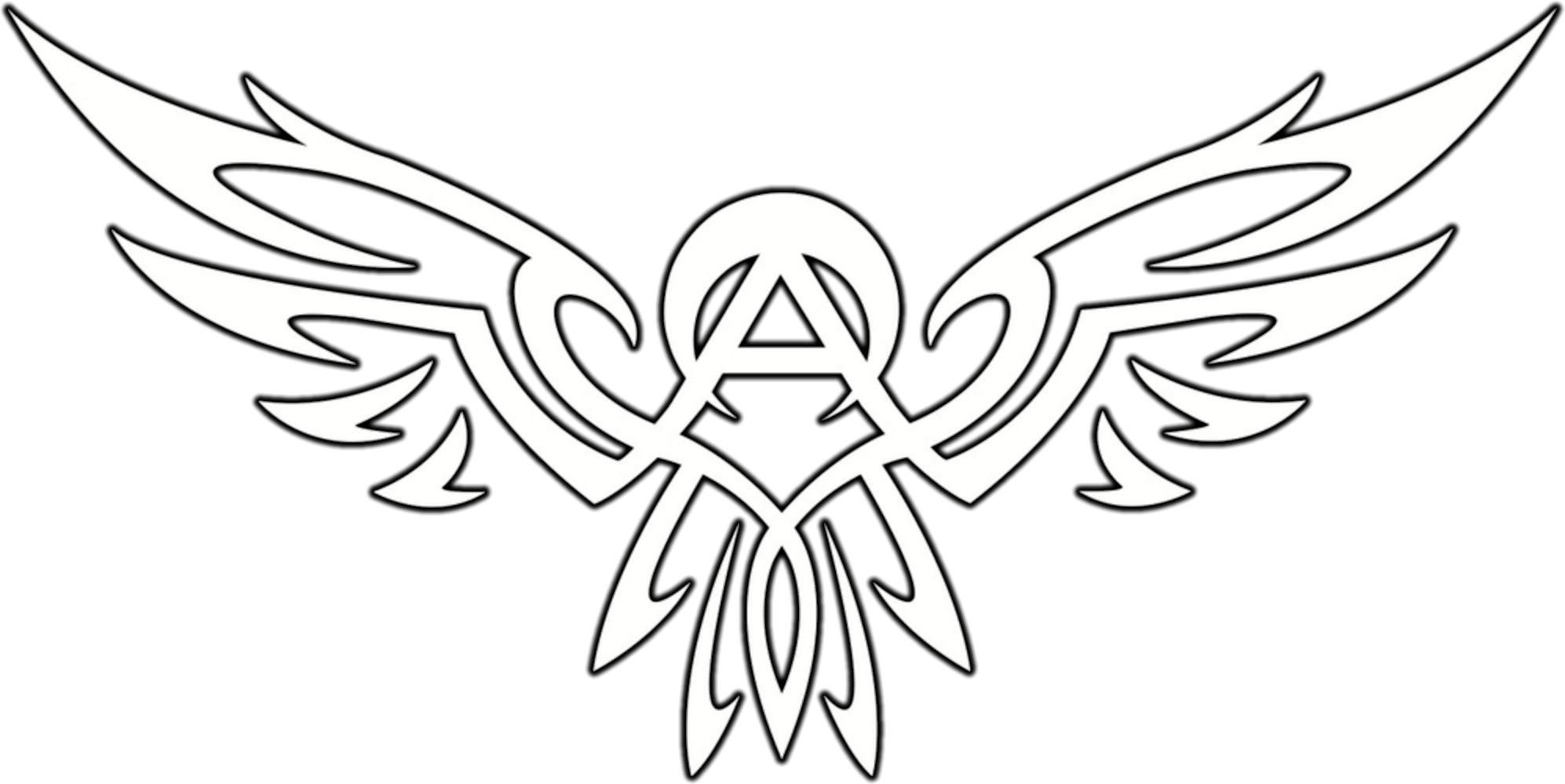The holiday season is often a time for reflection, gratitude, and giving. While many focus on family gatherings, gifts, and festive traditions, there’s an important life lesson that can be learned from martial arts: the power of gratitude. Martial arts not only helps us grow physically and mentally but also nurtures a deep sense of appreciation for ourselves, others, and the journey we undertake as practitioners.
The Gratitude of Self-Improvement
In martial arts, progress is not instant, and mastery is achieved through consistent hard work and dedication. Every belt earned, every technique perfected, and every challenge overcome is a testament to the effort put in over time. This journey of self-improvement teaches gratitude for the opportunity to grow and the personal commitment it takes to push forward. Taking time to acknowledge these accomplishments brings a deeper sense of gratitude, reminding us that growth is a continual process.
Gratitude for the Supportive Community
Martial arts are often practiced in a community environment, where instructors, peers, and fellow students play an essential role in each other’s development. The dojo becomes a place of mutual respect, trust, and camaraderie, where individuals are encouraged and uplifted. As the holiday season emphasizes the importance of togetherness and appreciation, martial artists often feel thankful for the sense of belonging that comes with being part of our AKI family.
Gratitude for the Lessons of Discipline and Humility
One of the core tenets of martial arts is discipline. Practitioners learn to respect the art, their instructors, and themselves through dedication and practice. Alongside this discipline comes humility—the recognition that no matter how skilled we become, there is always room for growth. Martial arts teaches that learning is a lifelong pursuit. It not only helps them grow on the mat but also teaches valuable life skills. Whether it’s making healthier choices, setting personal goals, or giving back to others, martial arts helps students approach life with humility and gratitude.
Gratitude for Overcoming Challenges
The road to mastery in martial arts is full of obstacles—injuries, plateaus, doubts, and failures. Yet, martial arts teaches the importance of pushing through adversity and learning from setbacks. Each challenge faced becomes an opportunity for growth and self-discovery. Martial artists can use this time to express gratitude for the resilience they’ve developed through their training. Martial arts teaches us that setbacks are a part of the process and that they help us grow stronger.
Gratitude for the Mindfulness and Present Moment
Martial arts is a practice of mindfulness—focusing on the present moment, being aware of one’s body, breath, and movements. Being mindful helps practitioners embrace the joy of each moment, whether it’s a quiet training session, a holiday dinner with family, or a peaceful walk outside. By practicing mindfulness, martial artists can express gratitude for the present, reminding themselves that life is about appreciating the now, not just the big moments.
Gratitude as a Way of Life
In martial arts, gratitude is not just about saying “thank you”—it’s a mindset that permeates everything we do. From bowing to our training partners to being thankful for the challenges we face, martial arts instills a deep sense of appreciation that becomes a natural part of the practitioner’s life. Martial artists are reminded that gratitude is not just something to be practiced once a year—it’s an everyday principle.
Conclusion:
Martial arts is a powerful tool for cultivating gratitude. Whether it’s appreciating the journey of self-improvement, the support of our AKI family, or the lessons of discipline and resilience, martial arts offers valuable life lessons that are especially meaningful during the holidays. This season, take time to reflect on the lessons you’ve learned, the growth you’ve experienced, and the community you are a part of. Gratitude is not just about what we receive, but also about the process, the people, and the experiences that shape who we are.

